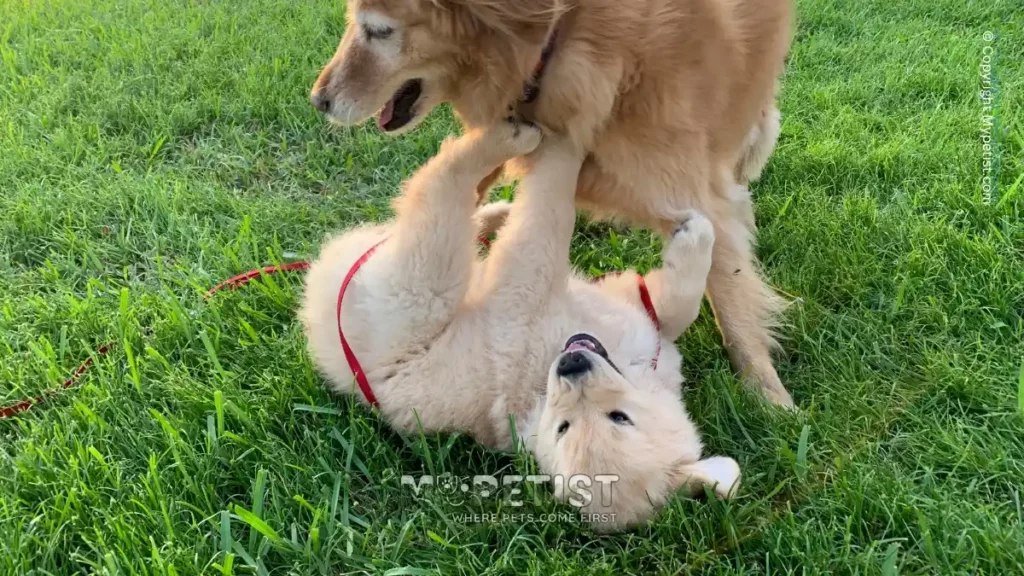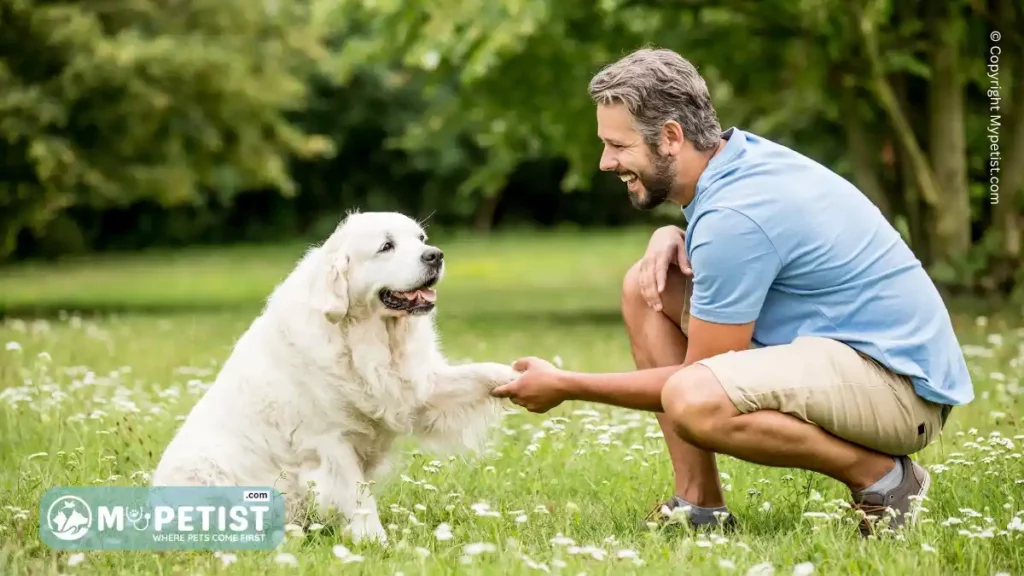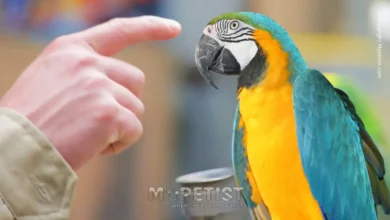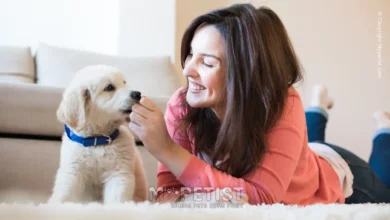How To Socialize A Puppy With Other Dogs
From Woof to Wow: Mastering Puppy Socialization for Happy, Healthy Dogs
It is important to teach puppies how to interact with other dogs from a young age. Socializing a puppy with other dogs can have a great impact on their personality, as it will help them become more confident and secure in their environment. It is also beneficial for puppies to learn how to communicate and interact appropriately with other animals. This article contains helpful tips on how to socialize a puppy with other dogs, so that they can develop healthy relationships with their furry friends.
Table of Contents
Socializing a puppy can be both challenging and rewarding. Some of the challenges include the time commitment required for socialization, as it is important to expose the puppy to various people, animals, and environments in order to build their confidence and reduce their fear or anxiety towards new situations.
It can also be difficult to find safe and appropriate socialization opportunities, especially during a pandemic, when gatherings and interactions are limited. However, the rewards of socializing a puppy are numerous, including a well-adjusted and confident dog who is less likely to display destructive or aggressive behavior due to anxiety or fear. A well-socialized puppy is also more likely to adapt well to new situations, which can make everything from vet visits to traveling much easier.

Additionally, the bond between the owner and the puppy can be strengthened through socialization activities such as training classes, walks in new environments, and playdates with other dogs. Overall, the challenges of socializing a puppy are outweighed by the rewards of having a happy and well-adjusted companion.
Tips on How to Socialize A Puppy with Other Dogs
Learn how to safely socialize your puppy with other dogs! Get expert tips on the best ways to introduce your pup to new furry friends, and ensure that everyone stays safe during playtime.
A. Establish a safe environment
Establishing a safe environment is a crucial aspect of socializing your puppy with other dogs. By using a leash, you can have more control over your puppy’s movements and prevent them from running off or engaging in dangerous behavior. Similarly, visiting community dog parks can provide a convenient and secure space for your puppy to interact with other dogs in a supervised setting. However, it is vital to carefully monitor their interactions and avoid exposing them to aggressive or threatening dogs.
Furthermore, providing your puppy with a safe and comfortable living space can help them feel secure and confident, which can facilitate positive socialization experiences. By taking steps to establish a safe environment for your puppy, you can help them navigate the world of dog socialization with ease and confidence.
B. Allow your puppy to observe other dogs first before interacting

it can be beneficial to allow your puppy to observe other dogs before interacting with them. This will give your puppy the opportunity to learn appropriate social behaviors and body language from a safe distance. Allowing your puppy to watch other dogs interact can also help them become less anxious or fearful when they eventually engage with other dogs themselves.
Furthermore, observing other dogs can help your puppy learn how to communicate and establish boundaries with other dogs in a healthy way. Encourage your puppy to watch other dogs play and interact, but always keep a close eye on them to ensure their safety. Gradually introducing your puppy to other dogs and allowing them to observe and learn from those interactions can help equip them with the social skills they need to thrive in the company of other dogs.
C. Introduce your puppy to other dogs slowly and patiently
Introducing a puppy to other dogs can be an exciting and nerve-wracking experience. Puppies are naturally curious and playful creatures, and other dogs may react differently depending on their personality and experiences. It’s important to introduce your puppy to other dogs slowly and patiently to prevent any negative encounters.
One approach is to gradually expose your puppy to other dogs in controlled environments, such as dog parks or puppy playgroups. This allows your puppy to socialize and interact with other dogs in a safe and monitored setting. Another key factor is to observe your puppy’s body language and behavior during introductions.
How to House Training Your Puppy: Tips and Tricks for Success
If your puppy appears nervous or fearful, it’s best to end the interaction and try again at a later time. By introducing your puppy to other dogs slowly and patiently, you can help them develop positive social skills and build a lifetime of healthy relationships with furry friends.
D. Reward your puppy for positive behavior when interacting with other dogs
Rewarding your puppy for positive behavior when interacting with other dogs is crucial in helping them develop good social skills. Positive reinforcement techniques such as treats, praise or toys can be used to encourage their desired behavior. When introducing your puppy to other dogs, it’s important to monitor their behavior closely and intervene if any negative behavior occurs to prevent any potential harm.

It’s also important to avoid rewarding your puppy if they display any unwanted behavior, such as aggression or excessive barking. Instead, redirect their attention towards positive interactions and reward them accordingly. Consistently rewarding positive behavior reinforces the desired behavior and can help to improve their social interactions with other dogs in the future. Remember, socialization is a key aspect of your puppy’s development, and it is important that they learn how to interact positively with other dogs.
Conclusion
It is important for puppy owners to understand the significance of socializing their pets. Puppies who were not able to socialize properly can develop behavioral issues that can be difficult to correct later on. By exposing the puppy to various social situations, such as meeting different people and engaging in different activities, their confidence and adaptability can be developed.
However, socializing a puppy should be done slowly and carefully to prevent overwhelming them, which could lead to fear or aggression. Providing positive reinforcement when the puppy does well during socialization is also key to ensuring the pup enjoys the experience. Overall, socializing your puppy may take some time and effort, but the benefits it can offer to both the puppy and the owner greatly outweigh the effort invested.





Adopt a rescue pet and experience the joy of saving lives and gaining unconditional love! Discover the benefits of providing a forever home for an animal in need.
Discover the best tips to socialize your puppy with other dogs! Learn how to safely introduce a puppy to different environments and ensure they become confident and well-adjusted.